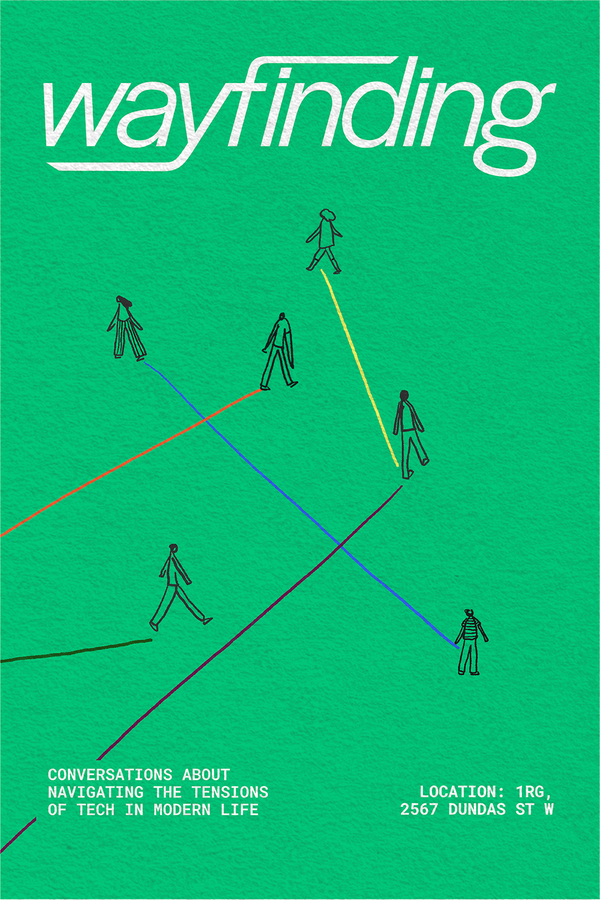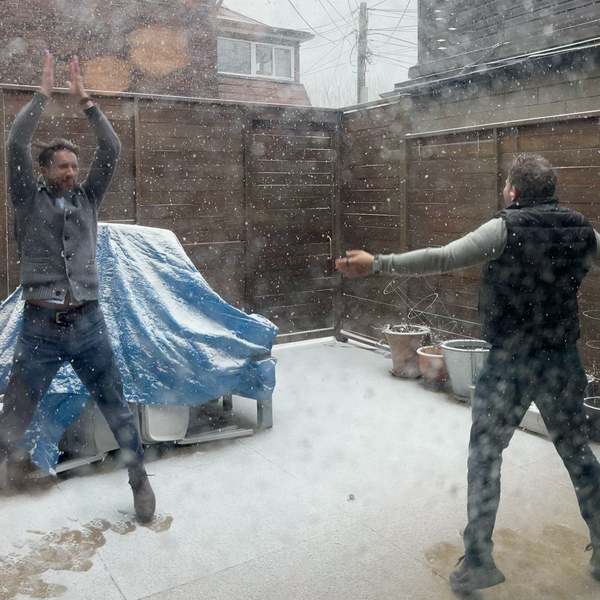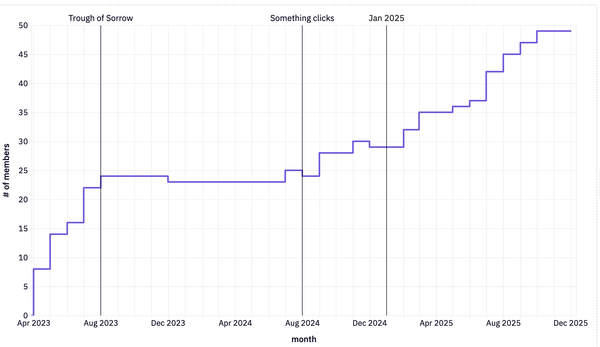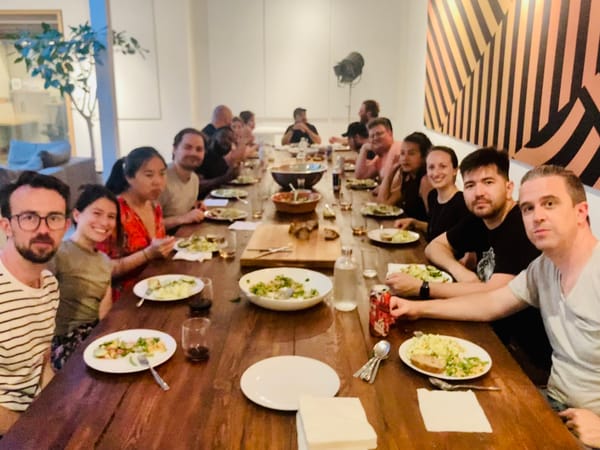Experiment report: the 1RG Incubator
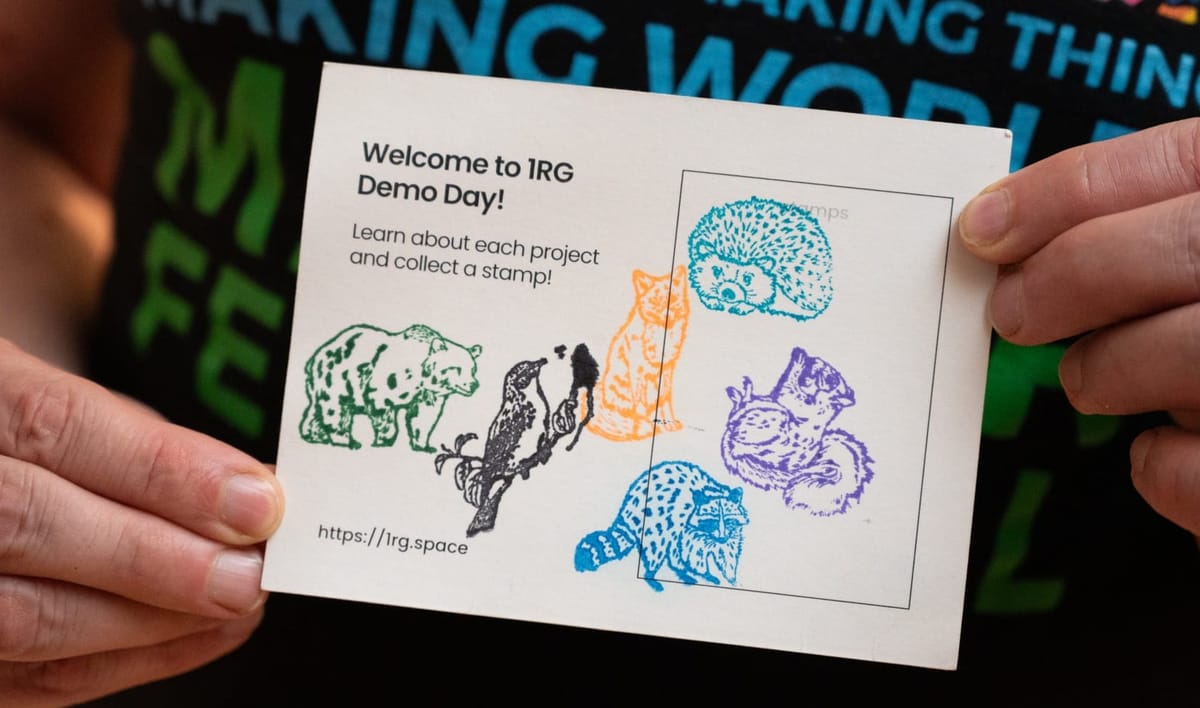
1RG is a container for experiments in reimagining the relationship between community and technology. In the first half of this year we dipped our toes into the world of incubators. Here’s how it went – in the form of experimental design. Because it was fun the first time.
Background
Traditional business incubators support early-stage startups by providing resources, mentorship and infrastructure to help them develop and grow their business ideas. These programs typically offer office space, access to funding networks, business development guidance, and connections to industry experts and potential customers.
Incubators are world building because they help grow an ecosystem of businesses that operate under the same system of values. They do this not just by helping single startups develop, but also by creating a tight net of peer-businesses who all operate under the same framework and are invested in helping each other (by virtue of being in the same cohort or connected in an alumni network).
Hypothesis
h1: The framework of incubators, i.e. providing resources to support development and growth, can be applied to any system of values.
h2: By centering the value of an incubator around community care, we can expand the ecosystem of initiatives that are using technology for social good.
Methodology
Launch the 1RG Incubator, a 12-week program supporting individuals who are developing technology projects focused on community impact in Toronto.
The incubator offers:
- Free membership to the 1RG space for the duration of the program;
- Access to a directory of 30+ mentors, who volunteer their time to provide office hours during the program;
- Weekly facilitated peer-to-peer accountability meetings;
- Weekly socials and networking opportunities.
Incubator impact is measured over a longer time scale. In the short term we focus on:
- Project advancement and milestones – did participants progress toward their goals throughout the program?
- Program satisfaction and utility – Do participants find the resources, mentorship, and support genuinely valuable for their projects?
Results
The incubator was announced in January, and by February 15th we had received 30+ applications. After 3 busy weeks reviewing responses and interviewing folks, we invited six of them to join us starting March 31st.
Every Thursday for 12 weeks we hosted a peer-to-peer accountability session where participants had an opportunity to share the challenges they were facing and provide feedback to each other. These sessions were followed by a mocktail hour, which mentors were also invited to.
Once a month, we turned the mocktail hour into a speed-mentoring session, where groups of mentors would chat to a participant for 10 ish minutes before being shuffled around to the next group. This was designed to facilitate serendipitous interactions with mentors who might've been an obvious match in terms of expertise.
The program culminated in a demo day – a science-fair style evening where each participant got to showcase their project. Here’s a short summary for each of them:
- Arjun worked on expanding respitely.org – a resource to easily access information about shelter availability and hot meals in the city. At demo day, Arjun presented a backend to allow meal providers to update their information independently.
- Kelindi built TorontoID on top of the AT protocol – a way for folks in the city to own their data, and use it in Toronto-focused software without being locked into any single application. At demo day, Kelindi presented discover.toronto.inc, an example of the kind of hyper local software Toronto ID enables.
- Veronica is rethinking civic participation and building an idea board to crowdsource residents' thoughts and ideas about public services. At demo day, she presented her user research and preliminary experiments with data scraped from bluesky.
- Rachel is passionate about continuous learning. During the incubator she ran a 4-week pilot tackling topics that are traditionally not taught in school but are required to be a fully functional adult. She experimented with sharing facilitation, building intimacy/trust among participants and presented her take aways at demo day.
- seeley is working on Holofuturist Outlook – a radio drama showing a glimpse of a sober yet hopeful future set 15 years ahead in Canadian cities adjusting to climate crisis and social change. At demo day, seeley presented a snippet of the Toronto episode.
- Annie is building a practice for food sovereignty by way of mushrooms and demo’d all the different ways you can grow edible mushrooms in your city home, including inoculating logs with mycelium and a drill!
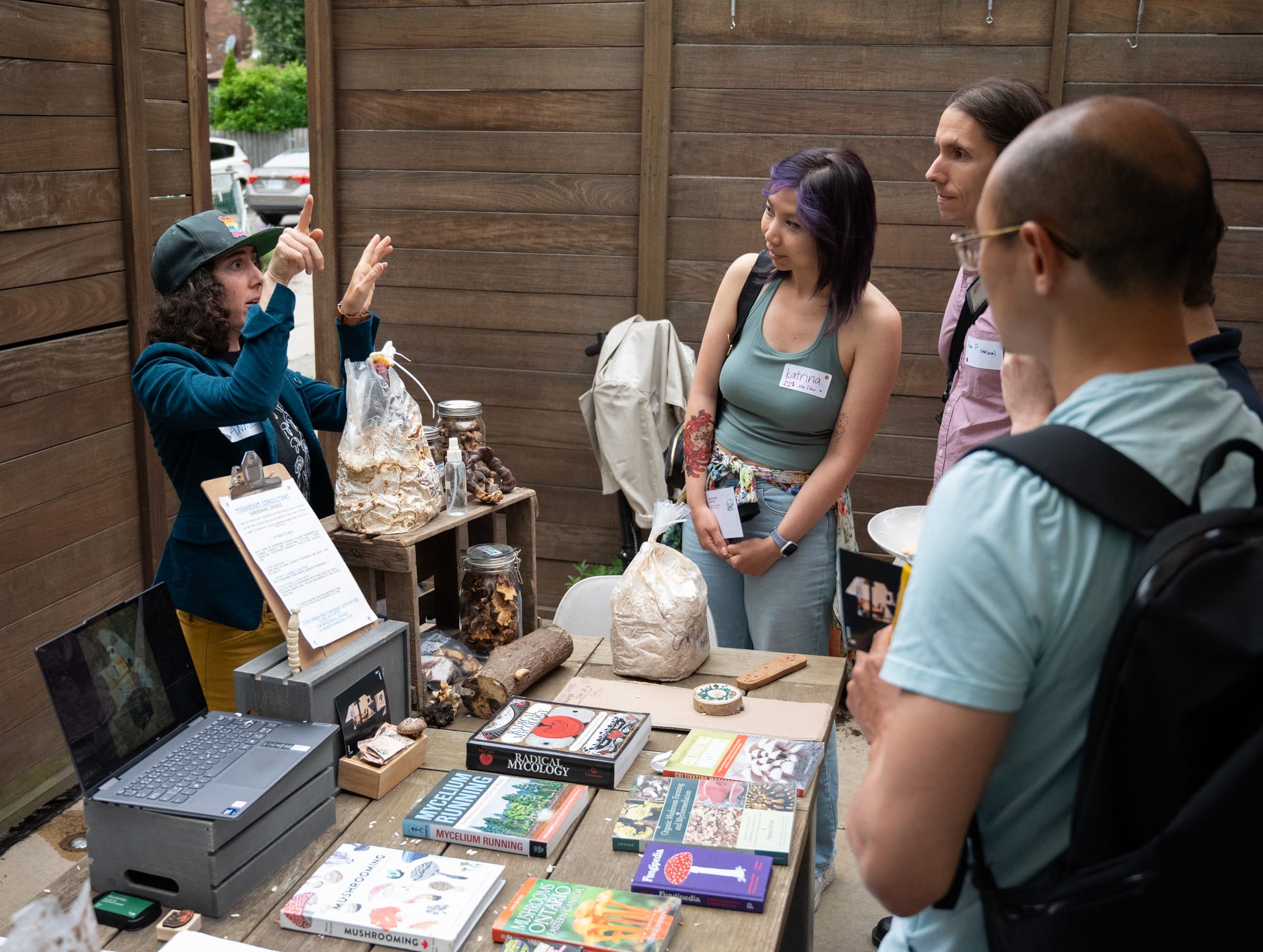
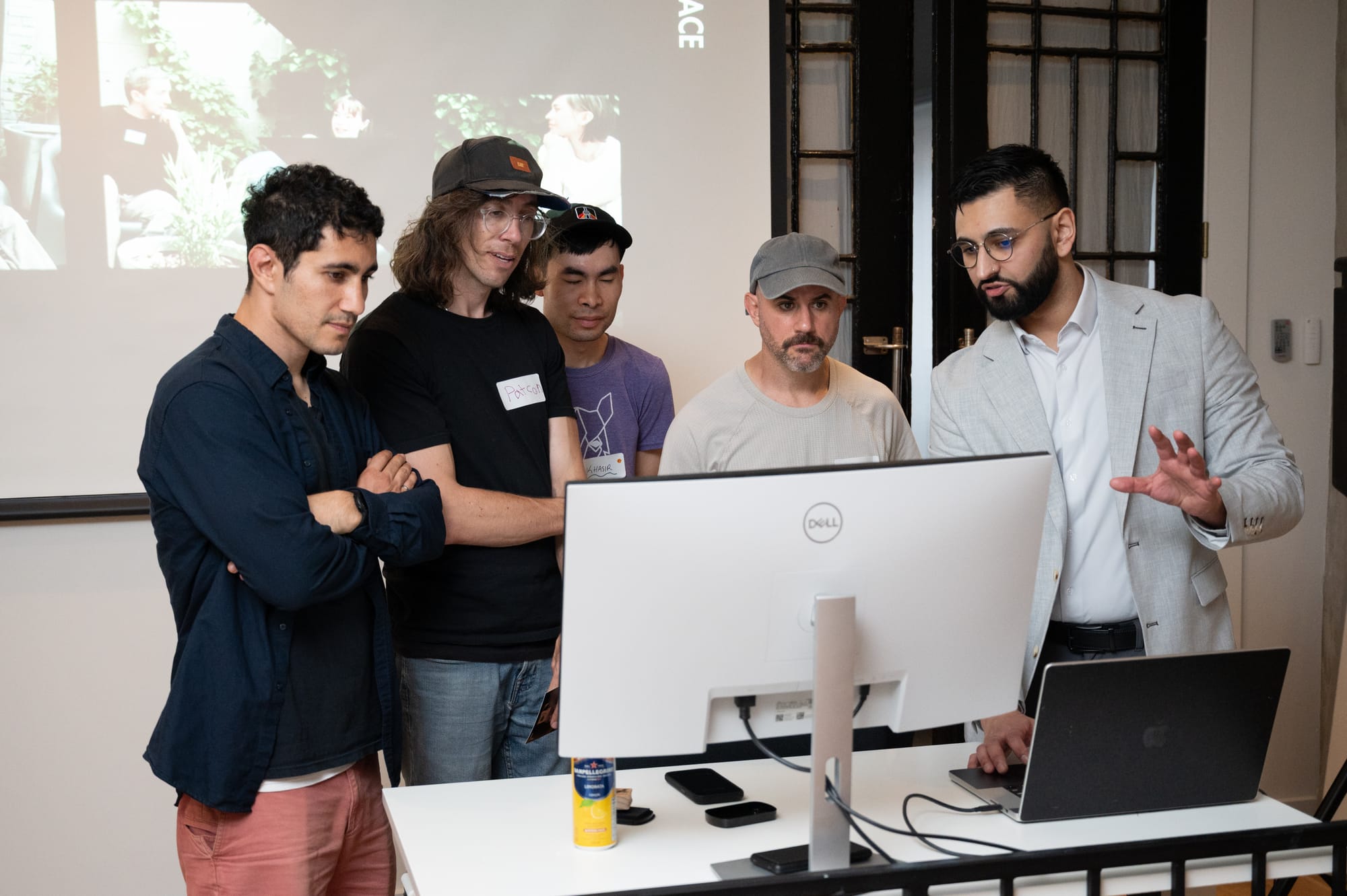
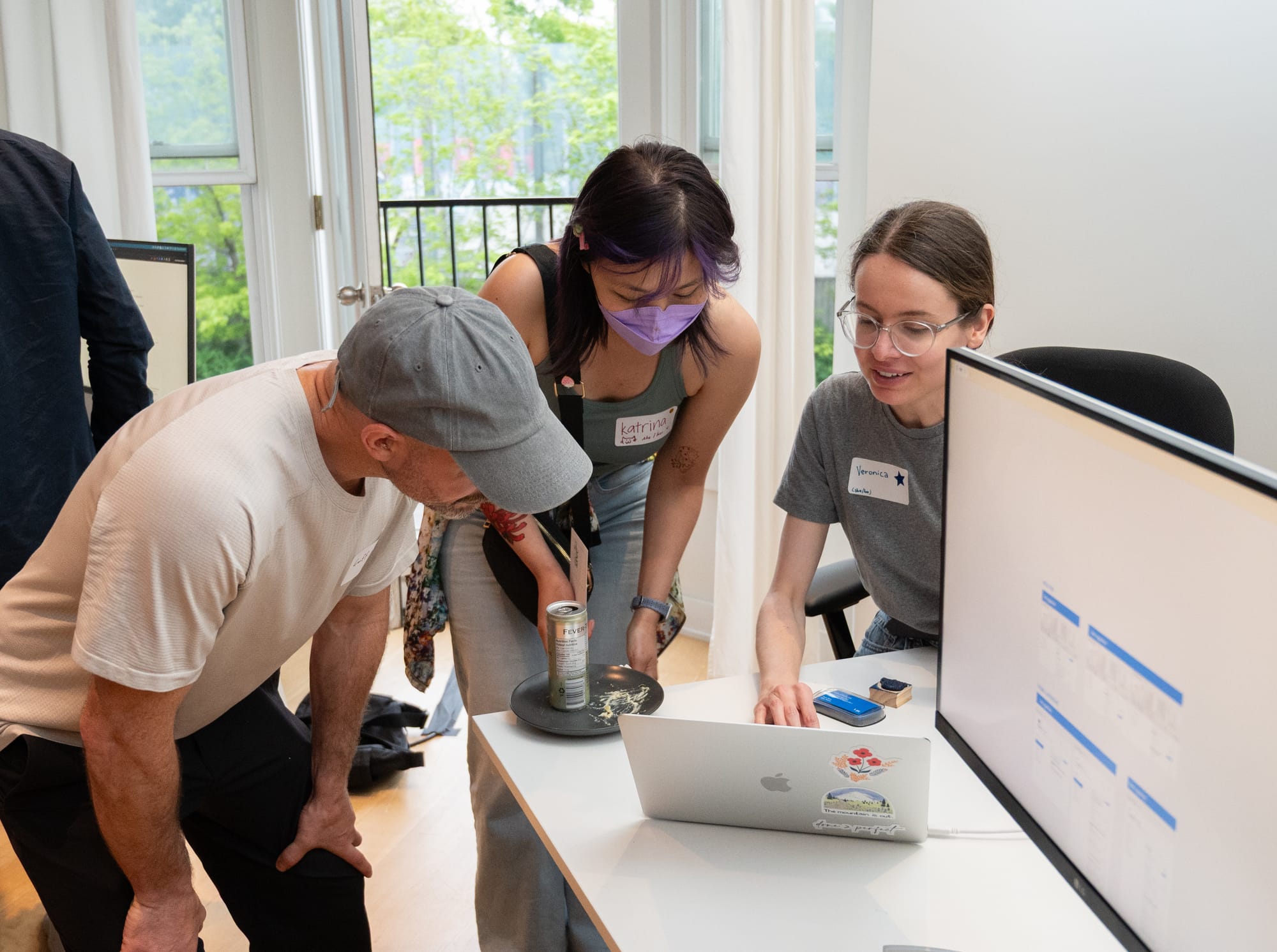
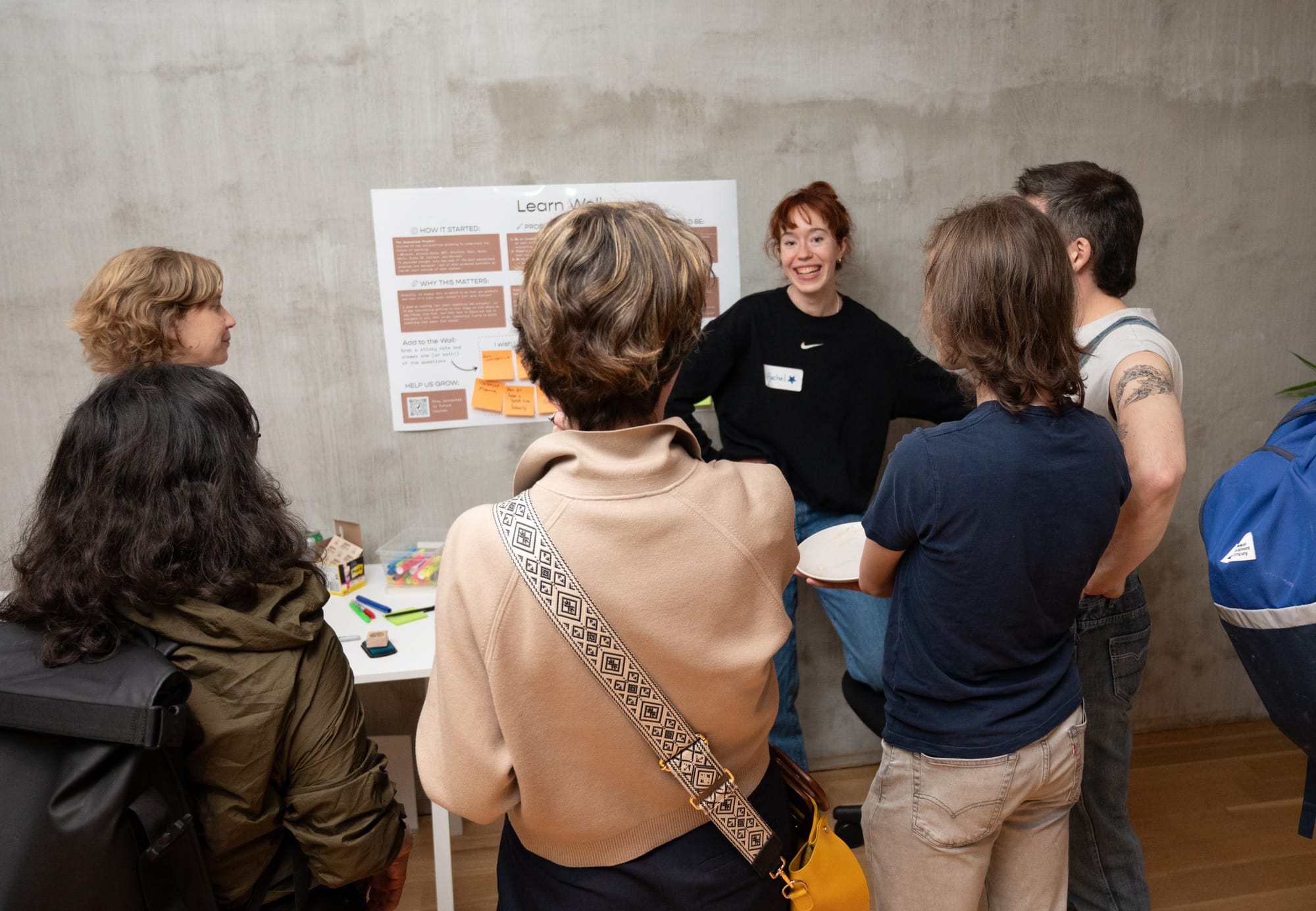
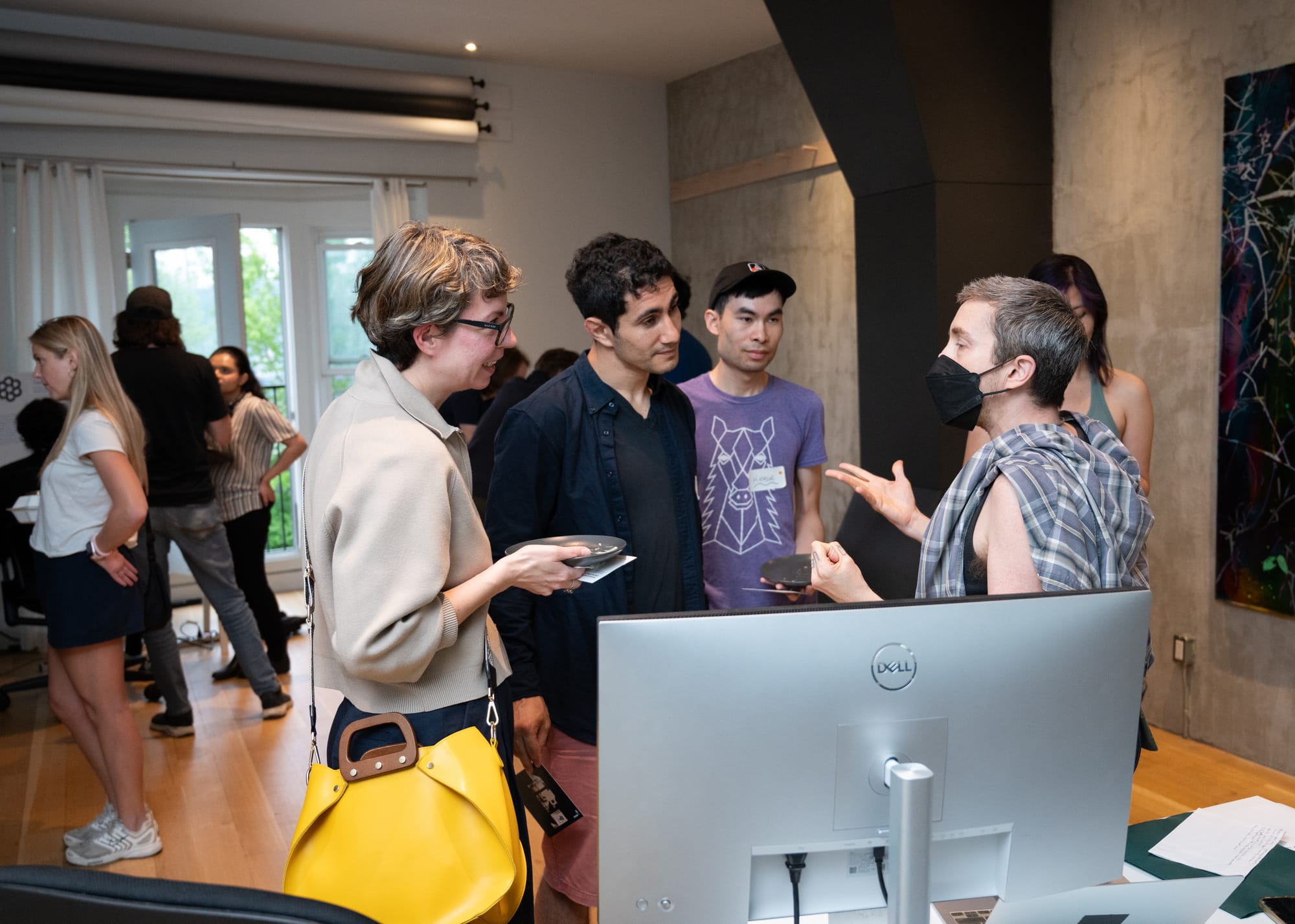
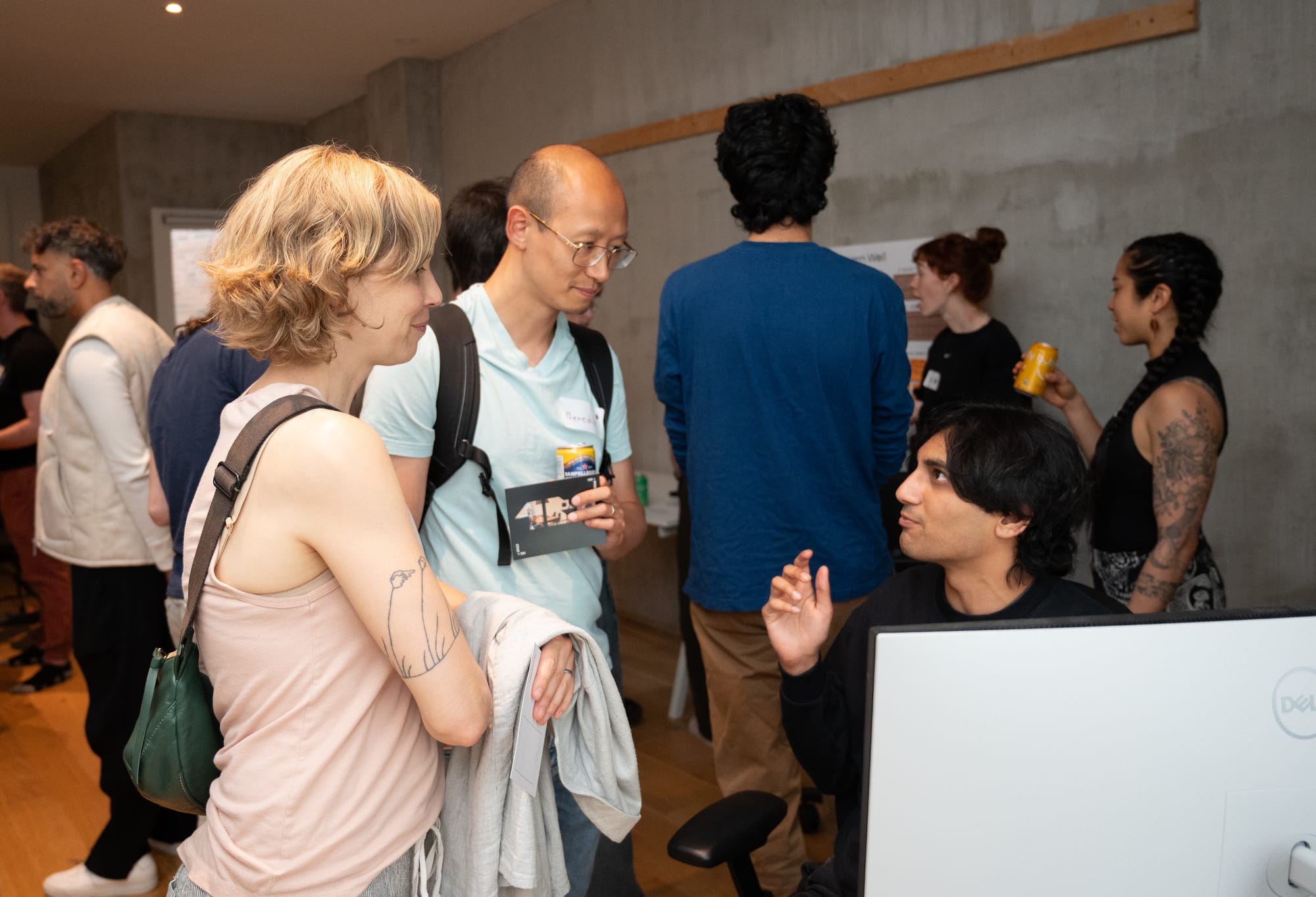
Demo day
Discussion
While there wasn’t an explicit hypothesis about this, the number of applications confirmed that there is appetite for a program that prioritizes supporting projects that are focused on social impact rather than profit making.
We also had 30+ folks from all corners of our network signing up to volunteer their time as mentors. Some of them were already 1RG members or friends, others we had never met before and we were humbled that they decided to trust us. That being said, not everyone was engaged in the same way. Folks in the incubator weren't always proactive in reaching out to mentors, but we observed that pointing them to specific people was particularly helpful, and that speed-mentoring was a very effect way to surface serendipitous connections when the match wasn't as obvious.
These were positive signals but the real success came from the participants: 6/6 of them progressed on their projects, learned from mentors, and delivered a great demo, all at the same time as holding jobs and/or navigating various life transitions. We saw consistent dedication through the program, but we recognize that assuming participants would work on their project in their spare time affected how much time and energy they could dedicate on a week by week basis. Combined with a relatively light and loose structure, this meant that progress was non-linear and varied project to project.
The biggest treat was to observe the group building relationships, getting excited about each other's work, and supporting one another. A post-program survey revealed that finding a community of like-minded folks was most meaningful for the group, validating the world building hypothesis.
Conclusion
We are truly impressed with all that the group has achieved, and demo day was overall a huge success, with many folks from our community joining us to learn about the projects and sharing in the excitement.
Running the program, brought more people into the 1RG community and connected them with our mission: reimagining how we use technology to serve our communities. This is the kind of world building that traditional incubators enable in business.
At the same time, we learned that running a successful incubator requires more structure and facilitation than what we envisioned originally.
Future work: a mentor network, maybe?
World building is central to 1RG’s mission, but we’re still reflecting on the future of the incubator. We want to keep the good parts and improve the ones that didn’t work as well, but the next iteration doesn’t have a clear shape yet. In the meantime, we're thinking about a lighter-touch way to connect people who are building community-focused tech projects with folks who want to support them. What if we leaned into serendipity? Maybe the magic isn't in the formal structure, but in creating more opportunities for chance encounters between people who care about using technology for good.
We're still figuring it all out, but if you're someone who's been tinkering with a community project and could use some guidance, or if you're the kind of person who lights up when helping others navigate technical challenges, we want to hear from you. Fill out this form to let us know if you'd be interested in being part of a future mentor network - whether as someone looking for mentorship or someone excited to share your expertise.
